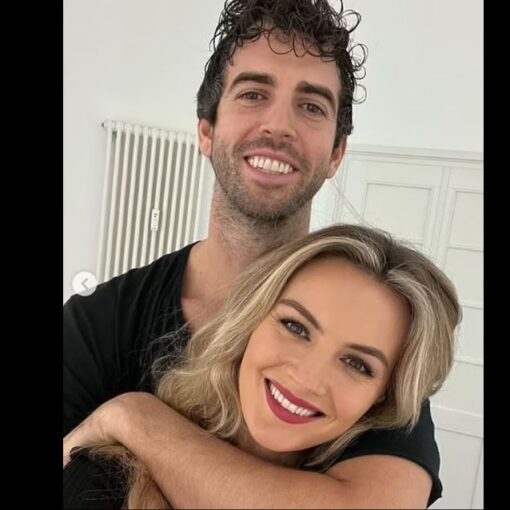
The state pension age changes, particularly affecting the Women Against State Pension Inequality (WASPI) generation, have been a topic of significant concern and debate. The 1995 Pensions Act played a pivotal role in increasing the state pension age for women from 60 to 65, aligning it with men’s retirement age. This change was intended to be phased in over ten years starting in 2010 for women born between 1950 and 1955.
The current state pension age for both men and women stands at 66, reflecting subsequent adjustments. However, the impact of these changes on the WASPI women, numbering around 3.6 million, has been a cause for ongoing scrutiny and investigation.
The Parliamentary and Health Service Ombudsman (PHSO) has been conducting a thorough examination of the effects of raising the state pension age for women from 60 to 65. This investigation, initiated in 2018, aims to determine whether there was any maladministration in the communication of this significant shift and its repercussions.
The PHSO’s preliminary findings have acknowledged the existence of “injustice caused by maladministration” in how the changes were conveyed to the affected individuals. The forthcoming final report is anticipated to include recommendations applicable to all those similarly affected, potentially leading to financial remedies.
The complexity of the case, involving the review of 650 pieces of evidence, has contributed to delays in the investigation. Additionally, legal challenges and a subsequent review of the Ombudsman’s decision further extended the timeline. Despite these challenges, the PHSO has communicated its provisional views on injustice and potential remedies to the concerned parties.
Rebecca Hilsenrath, the CEO of the PHSO, provided insights into the ongoing process during a session with the Public Administration and Constitutional Affairs Committee in November 2023. The provisional findings for stages two and three were shared confidentially with relevant parties, and the deadline for responses was around Christmas. The final report is expected to be made public in the new year, assuming no further amendments are necessary.
The Women Against State Pension Inequality (WASPI) campaign, established in 2015, has been advocating for fair treatment of women affected by the state pension age changes. The key contention lies in the unequal implementation of these changes, causing financial hardship and distress for those born in the 1950s.
The 1995 Conservative Government’s State Pension Act initiated plans to align women’s state pension age with men’s, increasing from 60 to 65. However, the transition, later expedited by the 2011 Pensions Act, caught many women off guard, impacting retirement plans significantly.
WASPI has highlighted several issues, including the inadequate notice given to affected women, the failure of appropriate and personal notifications in 1995, and the disproportionate waiting periods for pension eligibility based on birthdate differences. The campaign emphasizes the need for transitional payments and compensation for women facing financial challenges due to these changes.
As the PHSO’s investigation nears its conclusion, the anticipation among WASPI women for potential compensation grows. The campaign’s chair, Angela Madden, expressed both disappointment in the delays and a cautious welcome for the Ombudsman’s commitment to reporting conclusions. The ultimate goal is to address the impact of the Department for Work and Pensions’ mistakes on WASPI women and provide a resolution in the new year.
The challenges faced by the 1950s women, unfairly prejudiced by state pension age changes, have led to profound consequences. The impact on their financial stability, job opportunities, and overall well-being underscores the importance of a fair and equitable resolution to the longstanding issue of state pension age adjustments. As the awaited report from the PHSO approaches publication, it holds the potential to bring clarity and justice to the affected WASPI women.




